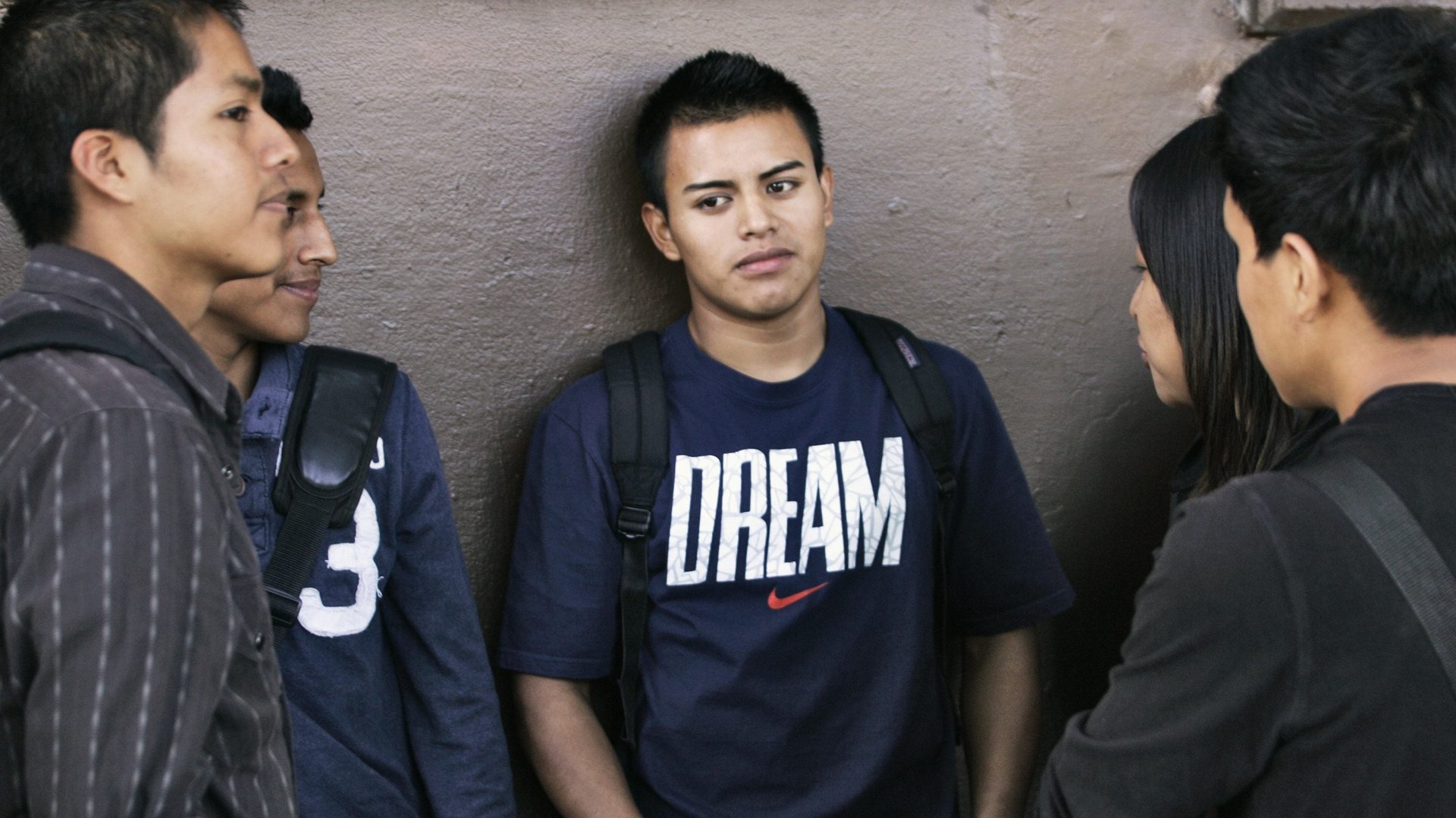If Trump’s new stance on Dreamers is a bargaining chip, he’s using it wrong
Some of Donald Trump’s supporters are starting to feel as bewildered and frustrated with the erratic US president as people on the opposite side of the political spectrum.


Some of Donald Trump’s supporters are starting to feel as bewildered and frustrated with the erratic US president as people on the opposite side of the political spectrum.
On June 15, Trump officially broke one of his key campaign promises: to end the Obama policy that allows the immigrants who were brought to the country illegally as children to legally stay. In a US Homeland Security Department memo, the administration said the program, Deferred Action for Childhood Arrivals (DACA), will continue running as it did under Trump’s predecessor.
Worse, from the perspective of Trump’s anti-immigration supporters, last week the Department of Homeland Security released data showing Trump has actually been expanding the program. In the first three months of 2017, some 125,000 immigrants were approved for DACA status, including around 17,000 new applicants. It’s a relatively small number compared to the roughly 11 million immigrants thought to be in the US illegally, but for the voters who supported Trump because of his tough stance on immigration, it’s an inexcusable—and inexplicable—course of action.
“The Trump administration is affirmatively saying that ‘we are keeping in place a program that we’ve repeatedly said was lawless and unconstitutional,'” said Robert Law, director of government relations for the Federation for American Immigration Reform, a group lobbying for increasing restrictions on immigration.
Law admits that terminating DACA is politically difficult. Its recipients, known as Dreamers, have earned the sympathy of many Americans, and taking away their status, which allows them to work, will be tough. It was much easier for Trump to end a similar Obama policy for the undocumented parents of children in the US legally, which he did on Thursday (June 15). The Deferred Action for Parents of Americans and Lawful Permanent Residents, or DAPA, was blocked by several courts—including the Supreme Court last year—and never was officially implemented.
Law says his organization is willing to give the president more time on DACA, but added that the Federation for American Immigration Reform is completely against adding more people to the program.
Some speculate that the reason DACA is not dead yet is that Trump wants to use it as a bargaining chip during federal budget negotiations in Congress to buy support for other policies, such as the wall he wants to build along the US-Mexico border. But even if that were the strategy, what Trump’s done so far makes no sense, says Mark Krikorian, executive director at the Center for Immigration Studies, a which advocates for reduced immigration.
In order to get a good deal, Trump should be ratcheting back the program, not expanding it, Krikorian says. By handing out DACA privileges to more people, Trump is also making it harder to yank them away later. “It’s political incompetence,” Krikorian said. Trump “is going to get taken to the cleaners” by Congress if he doesn’t come up with better negotiating tactics, he added.
But Trump stands to potentially lose more than a good deal. His base, which is becoming more important as his overall approval ratings sag, is also at stake. “The danger here for the president is that a lot of people who voted for him will come to the conclusion that they were duped,” said Krikorian.
Conservative political commentator Ann Coulter is already predicting continuing DACA will cost him reelection.
It’s too early to make that call, but the comments on her tweet suggest that while Trump acolytes might stick by him through political firings, or diplomatic blunders that threaten US international relations, they have a limit when it comes to immigration policy.